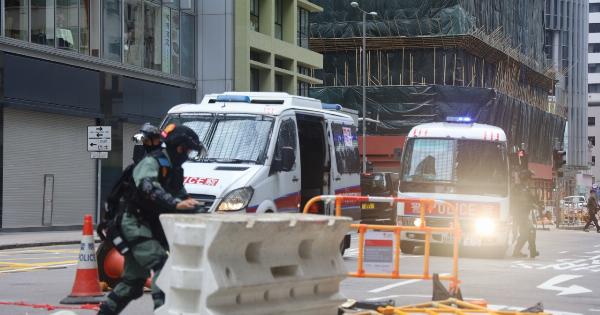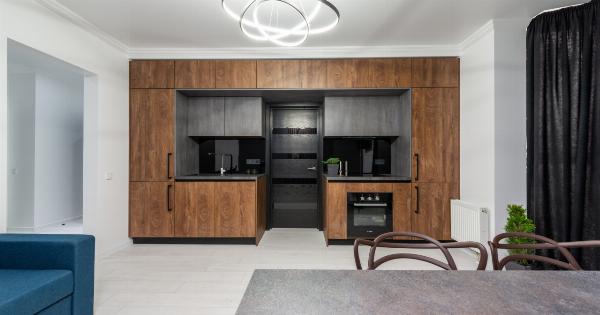As winter sets in, a well-functioning heating system becomes essential for maintaining comfort and optimal living conditions. However, heater-related issues can lead to discomfort, safety hazards, and increased energy bills.
It’s important to recognize the warning signs of heating problems before they worsen, cause complications, or become costly to repair.
1. Strange Noises
If your heating system is producing unusual sounds such as banging, rattling, or whistling, it indicates an underlying problem. The cause may be a damaged fan blade, a faulty motor, or a clogged air filter, among other things.
Strange noises indicate an impending shutdown and require prompt attention to avoid irreparable damage or costly repairs.
2. Insufficient Heating
If your heating system is on, but you’re still feeling cold, it may indicate that your heater is malfunctioning. This symptom can be caused by various factors such as leaky ducts, a dirty burner, or a corrupted thermostat.
It’s important to have all of these issues fixed to enjoy a warm and comfortable home.
3. High Energy Bill
Heating systems require energy to function, but an abnormally high energy bill may indicate a problem. A leak in the ductwork, a dirty filter, or a malfunctioning furnace may cause the heater to work extra hard and consume more energy than usual.
This can ultimately lead to increased energy bills. As a solution, it’s important to contact a professional to evaluate your heating system and make any necessary repairs or replacements.
4. Foul Smells
Foul odors emanating from your heating system can result in reduced indoor air quality and adverse effects on your family’s respiratory health.
The cause of the unpleasant smell may be due to mold accumulation inside the ductwork, clogged filters, or gas leaks. For this reason, it is necessary to check and clean your heating system frequently to ensure the proper ventilation of clean and healthy air.
5. Short Cycling
If your heating system turns on and off frequently, this is known as short cycling. It may indicate that your system is overheating, which can cause damage to the heat exchanger.
This is a potentially dangerous situation as it could lead to carbon monoxide poisoning. It is important to fix the problem quickly to prevent further complications and ensure the safe operation of your heating system.
6. Carbon Monoxide Detectors
Carbon monoxide (CO) is a dangerous gas that can be produced by a damaged, poorly maintained, or malfunctioning heating system.
Symptoms of CO poisoning such as headache, nausea, dizziness, confusion, and ultimately death can be avoided by installing carbon monoxide detectors in key areas of your home. It’s important to have your heating system checked regularly for any potential CO leaks.
7. Age of the Heating System
The average lifespan of a residential heating system is around 10-15 years. If your heating system is near the end of its lifespan, it is important to have it checked regularly for any underlying issues.
An old heating system may also experience decreased efficiency, leading to increased energy bills. If your heating system is over 15 years old, consider replacing it with a newer and more energy-efficient model.
8. Poor Airflow
A heating system that experiences poor airflow can lead to insufficient heating, increased energy bills, and adverse effects on indoor air quality.
The cause of poor airflow may be due to a damaged or clogged fan, ductwork that needs cleaning, or other factors. To prevent these issues, have your heating system checked regularly by a professional to ensure that the system has optimal airflow and energy efficiency.
9. Malfunctioning Thermostat
The thermostat is an important component of your heating system. If it is malfunctioning, it may cause insufficient heating, inability to maintain a constant temperature, and increased energy bills.
Moreover, a faulty thermostat may cause your heater to turn on and off frequently, leading to increased wear and tear. It’s important to have your thermostat checked regularly to ensure that it’s functioning correctly.
10. Maintenance
Proper maintenance of your heating system can help prevent future complications and extend the life of your system. Schedule regular maintenance checks with a professional to keep your heating system in top condition.
Regular maintenance can help identify and prevent potential problems before they worsen, ensuring safe operation, optimal performance, and energy efficiency.






























